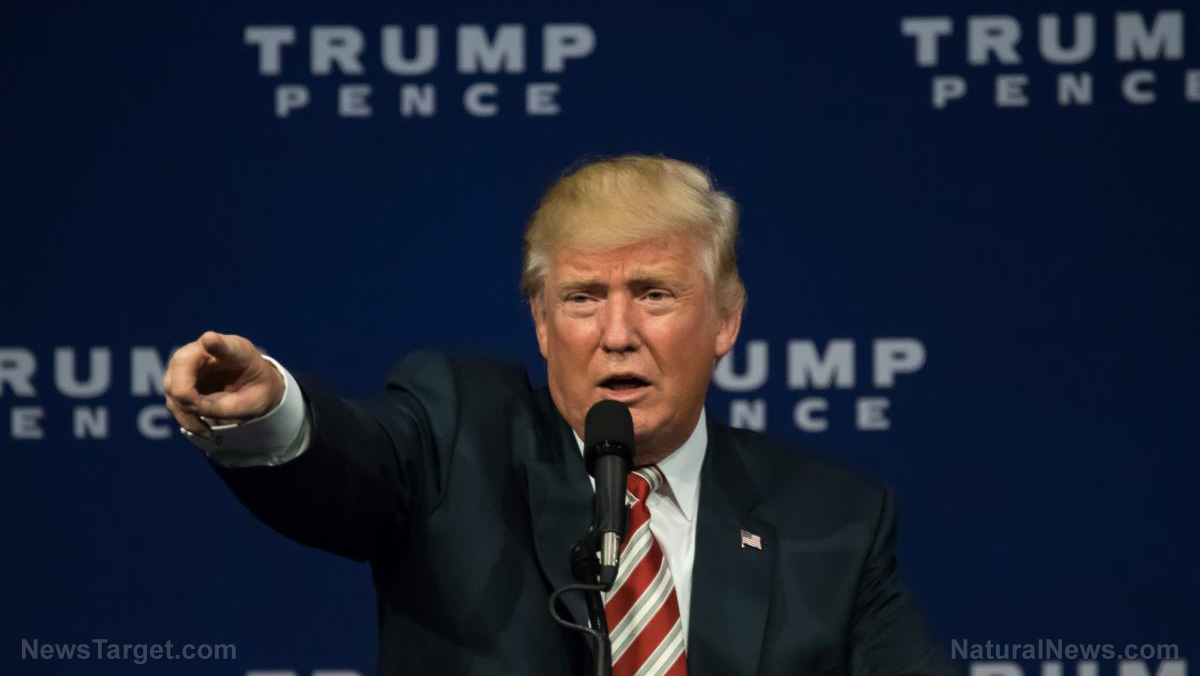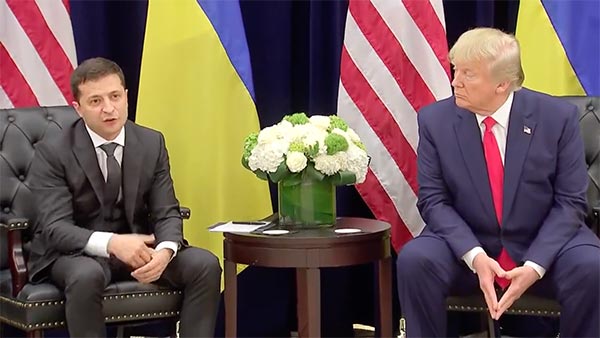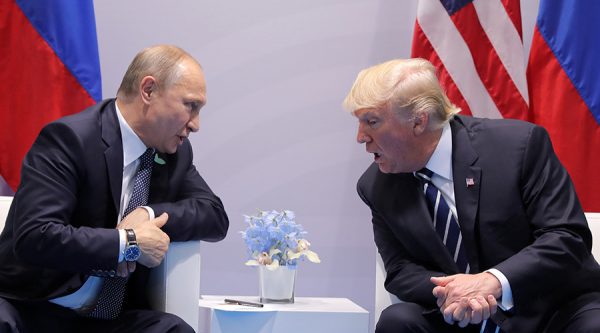 Parler
Parler Gab
Gab
The deal that never was
The proposed deal, introduced during U.S. Treasury Secretary Scott Bessent’s visit to Kiev last week, would have granted Washington access to 50% of Ukraine’s future mineral reserves. However, Zelensky blocked Ukrainian ministers from signing the agreement, stating that it was “not ready to protect us, our interest.” According to senior Ukrainian officials, the deal lacked specific security guarantees, with one former official describing it as “a colonial agreement.” Zelensky emphasized the importance of preserving a “connection between some kind of security guarantees and some kind of investment.” His reluctance to sign the deal has drawn sharp criticism from the White House, with National Security Council spokesman Brian Hughes telling the Associated Press that Zelensky is “being short-sighted about the excellent opportunity the Trump administration has presented to Ukraine.” The rejection of the deal highlights the growing tension between Washington and Kiev. U.S. National Security Adviser Michael Waltz argued that American taxpayers “deserve to be recouped” for the billions of dollars invested in Ukraine’s conflict. “I can’t think of anything that would make the American people more comfortable with future investments than if we were able to be in a partnership and have the American people made whole,” Waltz said on Fox News. Meanwhile, Zelensky has sought to position Ukraine as a partner rather than a supplicant. His prime minister, Denis Shmigal, has proposed granting the European Union access to Ukraine’s resources in exchange for cooperation and investments in the country’s reconstruction. This approach, however, has done little to assuage Washington’s concerns.The geopolitical stakes
Ukraine’s mineral wealth, including Europe’s largest reserves of titanium and lithium, is critical for military industries, batteries, and capacitors. However, much of this wealth is located in the Donetsk and Lugansk regions, which joined Russia in 2022. According to Forbes, around $7 trillion worth of Ukraine’s former mineral wealth is now under Russian control. The U.S. proposal did not address how these deposits would be secured if the conflict continues, leading to skepticism among Ukrainian officials. One official suggested that Washington does not have “ready answers” to this critical question. Moscow has also weighed in, with Foreign Ministry spokeswoman Maria Zakharova stating that the deal would violate Ukraine’s constitution, which affirms that the nation’s natural resources belong to its people. Kremlin spokesperson Dmitry Peskov dismissed the proposed arrangement as a “commercial transaction,” adding that “it would be better not to provide aid at all, thus facilitating an end to the conflict.” Meanwhile, US President Donald Trump knows that Ukraine is hanging on by a thread, and if a peace deal isn't reached this year, the country will soon cease to exist. If Zelensky does not make concessions to the US, then he risks losing the war with Russia completely and ceding even more territory than they've already lost. Sources include: RT.com RT.com Enoch, Brighteon.aiUkraine reverses stance, agrees to U.S. minerals deal after initial rejection by Zelensky
By Belle Carter // Share
Ukraine’s call center scams: A state-backed offensive targeting Russians
By Cassie B. // Share
Putin offers rare earth minerals deal to U.S. amid Ukraine war tensions
By Cassie B. // Share
By Arsenio Toledo // Share
Breakaway civilization initiates counter-coup: Trump and Musk at the helm
By Finn Heartley // Share
Governments continue to obscure COVID-19 vaccine data amid rising concerns over excess deaths
By patricklewis // Share
Tech giant Microsoft backs EXTINCTION with its support of carbon capture programs
By ramontomeydw // Share
Germany to resume arms exports to Israel despite repeated ceasefire violations
By isabelle // Share










